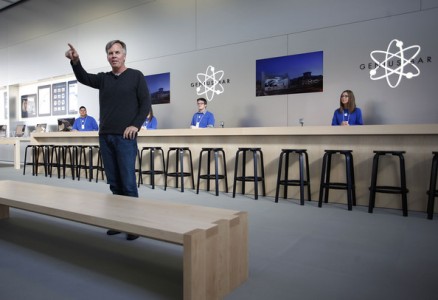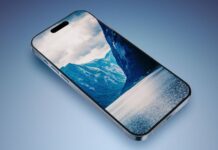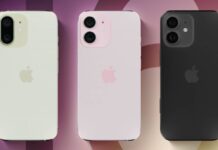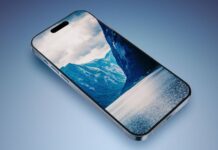Ron Johnson is the one who built the Apple stores as we know them today, but after a few good years spent in the management team of Apple, he decided to take over the position of CEO of JC Penney, one of the largest retailers in the USA. Considering that he no longer works at Apple, Johnson he revealed in an interview given to the Harvard Business Review the secret behind Apple stores. He claims that Apple attracts a lot of users by the simple fact that it offers a premium experience both in terms of interacting with the company's products and in terms of assistance or the purchase of a product.
People come to the Apple Store for the experience — and they're willing to pay a premium for that. There are lots of components to that experience, but maybe the most important — and this is something that can translate to any retailer — is that the staff isn't focused on selling stuff, it's focused on building relationships and trying to make people's lives better . That may sound hokey, but it's true. You have to create a store that's more than a store for people
He says that the company's products can be purchased at lower prices from other retailers, but people come to Apple stores for the experience itself and are willing to pay a higher price for this. If this is the philosophy by which he guided his work at Apple, then I can say that he is a "genius" because he managed to convince people to pay more money for a product just to buy it from an Apple store. The company owns over 300 stores worldwide and annually over hundreds of millions of people enter them, so we are talking about a successful recipe that will probably now be reproduced at JC Penney.
At the end of a guest post, Johnson says that Apple employees do not work on commissions but for a fixed salary, so there is no rivalry between employees and thus everyone can focus on work and how they can perform their duties as well as possible.
Their job is to figure out what you need and help you get it, even if it's a product Apple doesn't carry. Compare that with other retailers where the emphasis is on cross-selling and upselling and, basically, encouraging customers to buy more, even if they don't want or need it. That doesn't enrich their lives, and it doesn't deepen the retailer's relationship with them.
















